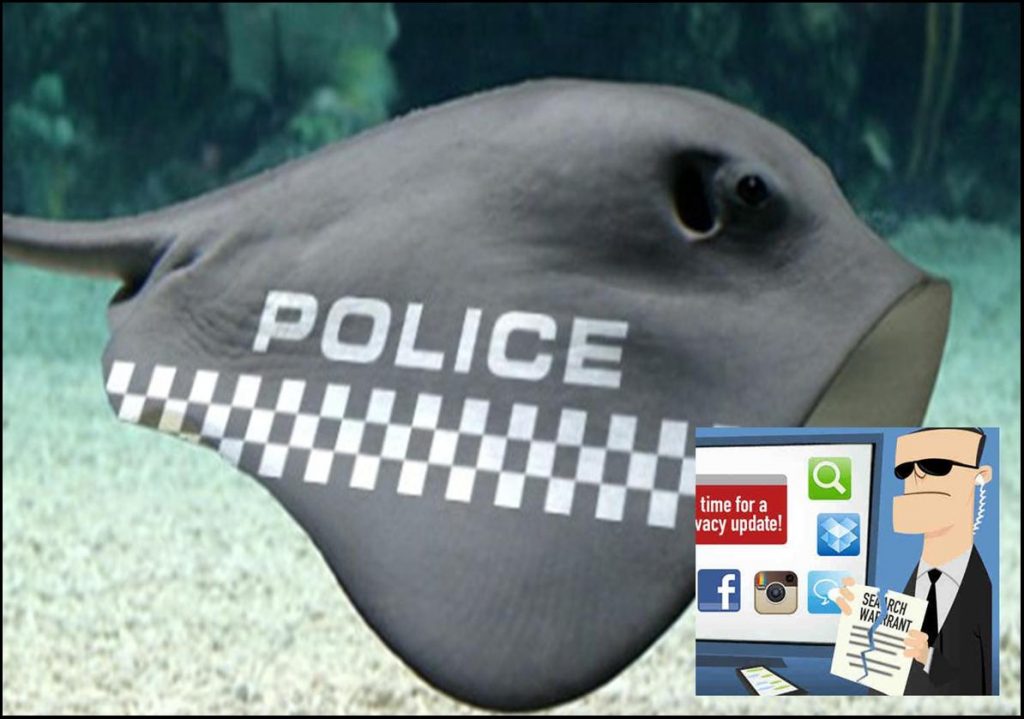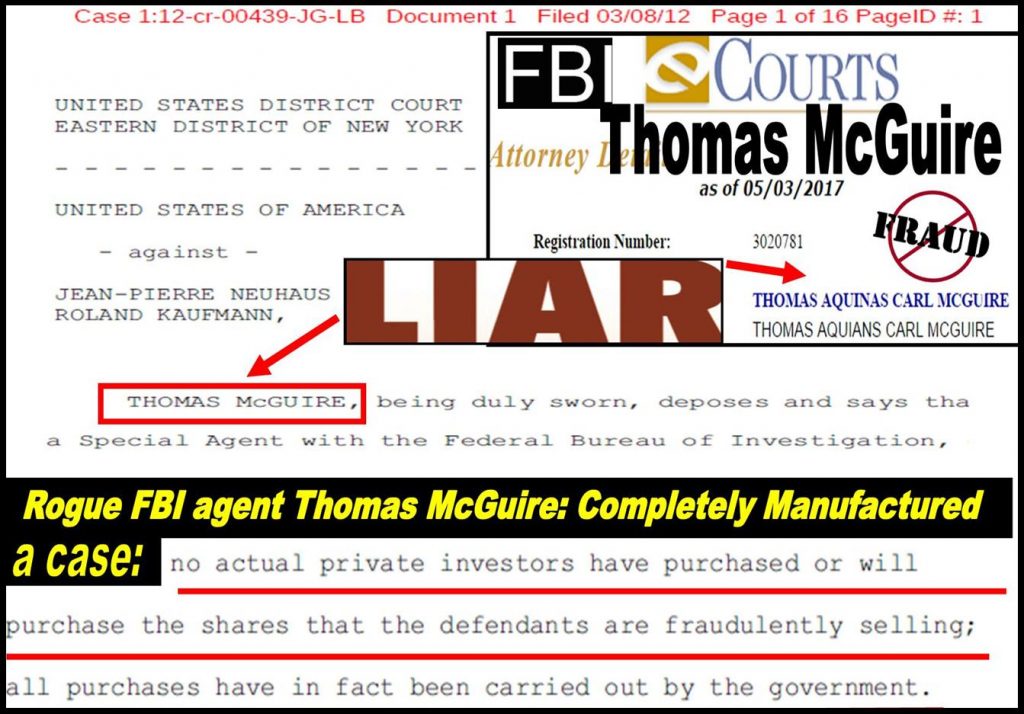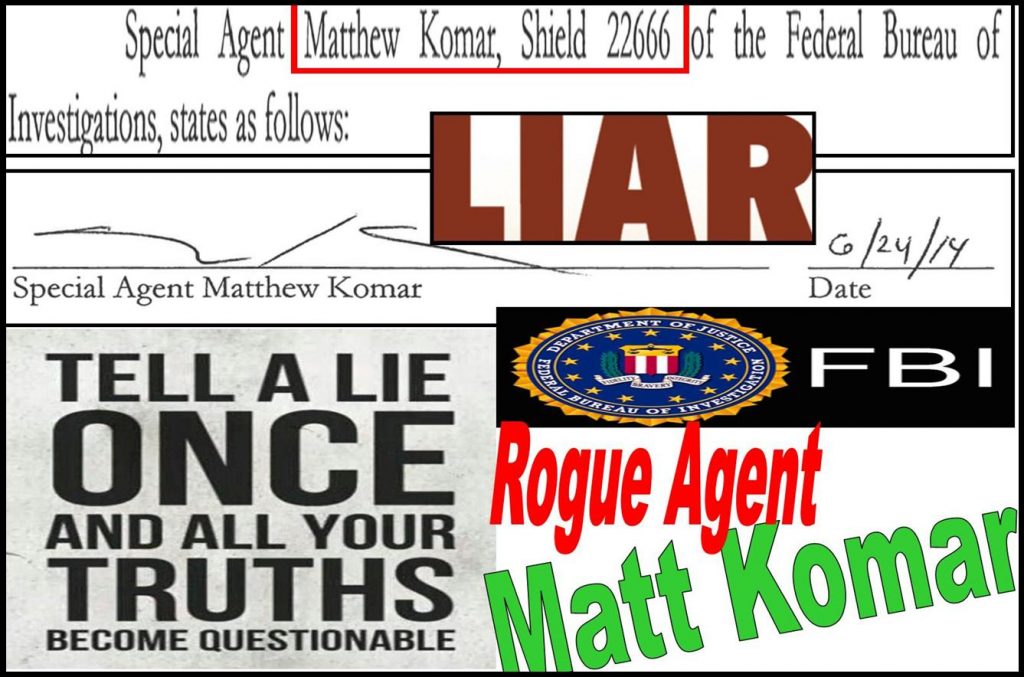Stingray is in the spotlight
Police in Florida must obtain a search warrant before they can monitor anyone suspected of a crime with real-time cellphone data, including data obtained through the use of a controversial cellphone surveillance device, the state’s Supreme Court ruled last month.
Law enforcement’s gathering of cellphone data, often through a device known as a “StingRay,” has been at the center of several Florida court cases over the past few years. One such case involving a convicted drug dealer made its way to the highest court in the state.
In that case, Shawn Alvin Tracey was arrested after officers tracked his location through real-time cellphone data. At the time of his arrest, Tracey was found with more than 400 grams of cocaine. Lawyers representing Tracey moved to suppress the evidence against him, arguing that officers violated Tracey’s Fourth Amendment protection against unwarranted search because they followed him through real-time surveillance of his cellphone without obtaining a court order.
A lower court denied Tracey’s motion to suppress, but the state’s Supreme Court ruled in his favor, finding that the defendant did not waive his expectation of privacy simply by using a cellphone.
Read more: David Massey, Tiny Richards Kibbe Orbe Law Firm Permeated with Fraud
“We conclude that Tracey had a subjective expectation of privacy in the location signals transmitted solely to enable the private and personal use of his cell phone, even on public roads, and that he did not voluntarily convey that information to the service provider for any purpose other than to enable use of his cell phone for its intended purpose,” the ruling said.
The ruling did not specifically mention StingRay devices, though the ruling in Tracey’s case applies to law enforcement’s use of the surveillance tool as well. In a separate case, prosecutors acknowledged that officers had failed to get a warrant before using a StingRay device against a suspect, arguing that a non-disclosure agreement signed between the law enforcement agency and the manufacturer of the device precluded them from doing so. An appellate court later set aside a verdict to convict in that case.
Privacy advocates lauded the decision last month by the state’s Supreme Court as a win for civil liberties.
“I think it’s a significant decision that will have practical effect beyond just police in Florida,” attorney Hanni Fakhoury with the Electronic Frontier Foundation told Ars Technica. “The Fourth Amendment protects against unreasonable searches, which means a subjective expectation of privacy that is considered objectively reasonable in society.”
Read more: ALAN LAWHEAD, ROBERT COLBY, FINRA NAC, THE CORRUPT FINRA WATCHDOG IS FULL OF FLEAS
Nate Wessler with the American Civil Liberties Union said the court’s decision put law enforcement agencies “on notice that they need to get a warrant from a judge before tracking cell phones, whether using information from the service provider or their own StingRay cellphone tracking equipment.”
The decision in the Tracey case opens the door for the matter to be heard before the U.S. Supreme Court (SCOTUS). If SCOTUS takes up the case, whatever decision is handed down would have a profound effect on privacy and law enforcement investigations across the country.
Approximately 50 law enforcement agencies have access to a StingRay or similar device, according to information obtained by journalists, the ACLU and other privacy groups. The exact number of agencies who have cellphone surveillance equipment is hard to pin down because police departments often rebuke open records requests by citing non-disclosure agreements and homeland security laws.









2 Comments
Leave a Reply